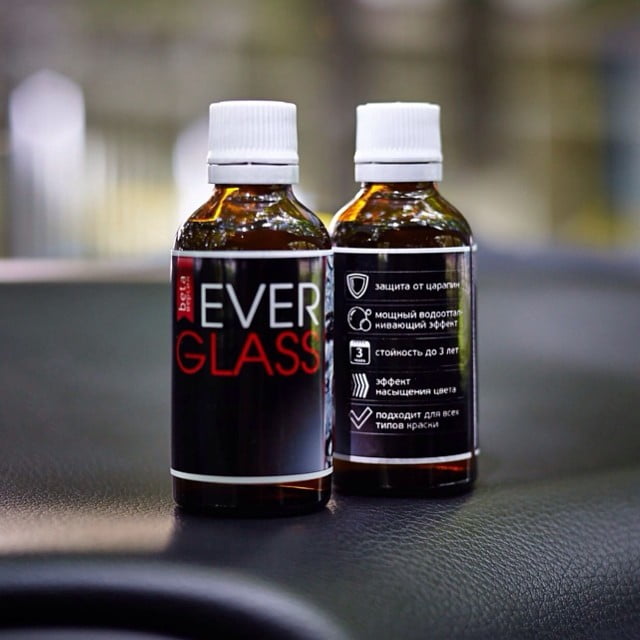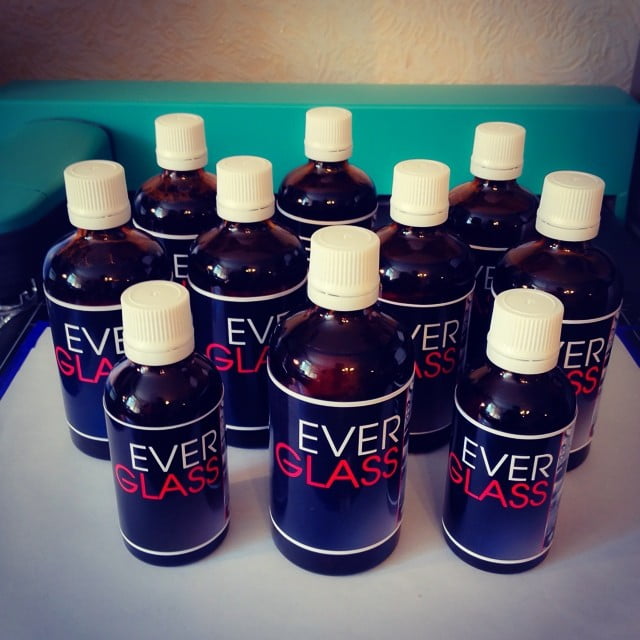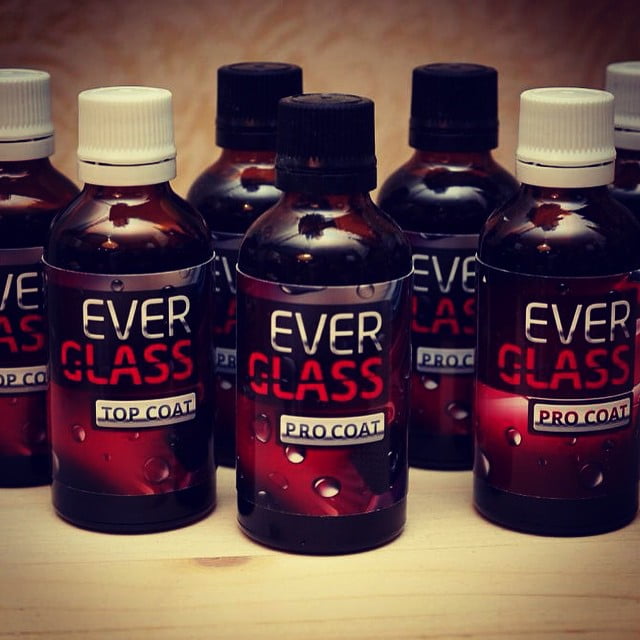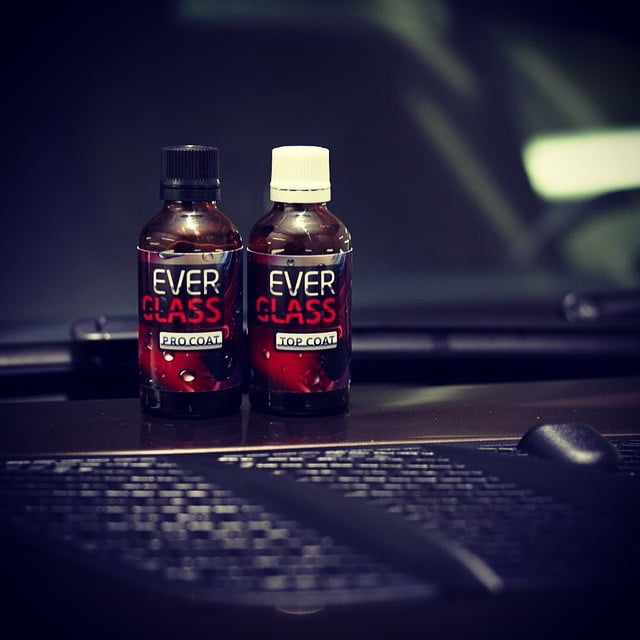Everglass ceramic coatings are a technology designed to enhance the performance of various surfaces. One of their exceptional features is the ability to repel water, making them a great choice for applications that require a superhydrophobic surface. As a result of this characteristic, Everglass coatings can also exhibit self-cleaning properties, making them ideal for reducing the maintenance and cleaning of different substrates.

Another advantage of Everglass coatings is their ability to provide a protective barrier that enhances the durability of the underlying substrate. This barrier helps to prevent damage from various environmental factors like moisture, chemicals, and UV rays and hence prolongs the lifespan of the treated surface.
Everglass coatings are versatile and can be applied to a wide range of surfaces, including glass, metal, ceramics, plastics, textiles, and porous materials, making them ideal for use in various industries such as automotive, aerospace, electronics, architecture, textiles, and marine.

To apply Everglass coatings, the application process may vary depending on the specific product applied. Some coatings may be liquid that can be sprayed or applied using a brush, while others may require a dip-coating or vapor deposition process. It is important to follow the manufacturer’s instructions for the proper application and curing process.
The longevity of Everglass coatings depends on multiple factors such as maintenance, the type of surface, and environmental conditions. Proper cleaning and regular maintenance can help maintain the longevity of the coating and optimize its performance.

Here are some key aspects of Everglass ceramic coatings:

Water Repellency: The primary characteristic of Everglass coatings is their ability to repel water. These coatings create a superhydrophobic surface, meaning that water beads up and rolls off the surface rather than spreading out or adhering to it. This behavior is often referred to as the “lotus effect,” inspired by the water-repellent properties of lotus leaves.
Self-Cleaning: Due to their water-repellent nature, Everglass coatings can also exhibit self-cleaning properties. When water droplets roll off the surface, they carry away dirt, dust, and other contaminants, leaving the surface cleaner and reducing the need for frequent cleaning.
Enhanced Durability: Everglass coatings can provide a protective barrier that enhances the durability of the underlying substrate. These coatings can help prevent damage from water, moisture, chemicals, UV rays, and other environmental factors, thereby prolonging the lifespan of the treated surface.
Versatile Applications: Everglass can be applied to a wide range of surfaces, including glass, metal, ceramics, plastics, textiles, and even certain porous materials. They find applications in various industries, including automotive, aerospace, electronics, architecture, textiles, and marine, among others.
Application Process: The application process for Everglass coatings can vary depending on the specific product. Some coatings come in liquid form and can be sprayed or applied using a brush, while others may be applied through a dip-coating or vapor deposition process. It’s important to follow the manufacturer’s instructions for the proper application and curing process.
Maintenance and Longevity: The longevity of Everglass coatings can vary depending on factors such as the quality of maintenance, the type of surface, and the environmental conditions. Regular maintenance and cleaning can help extend the lifespan of the coating and optimize its performance.